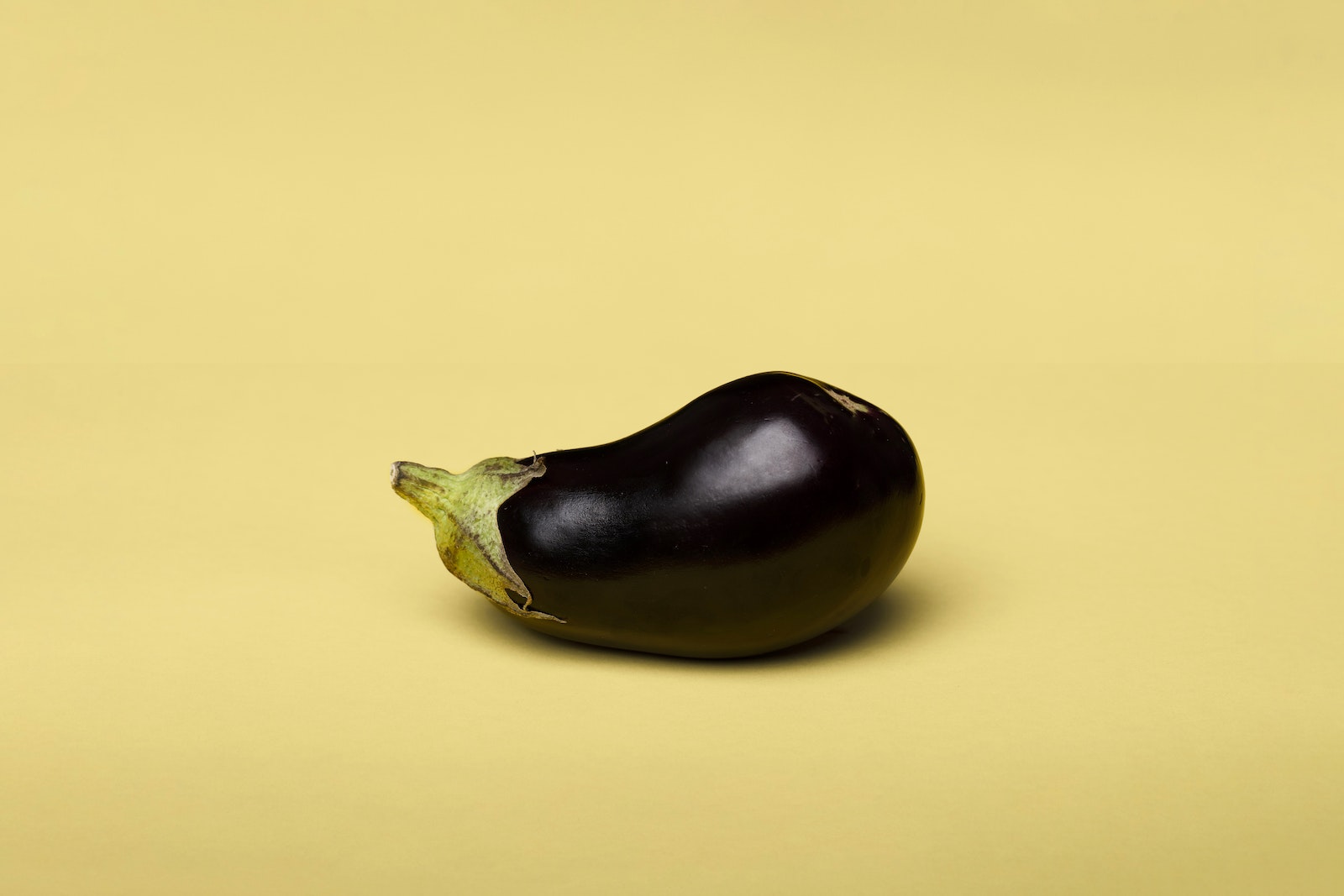Penis growth occurs during puberty and is a natural process. It typically begins with changes to the scrotum, where the bag of skin darkens, enlarges and drops, and thins. It then grows in length and girth.
Studies show that peak growth happens between ages 12 and 16, with about half an inch of growth each year. However, each person’s penis growth is unique and varies from one person to the next.
Puberty
Puberty is the time of life when a boy or girl grows into a fully mature adult body capable of sexual reproduction. Puberty consists of a process of physical changes in the brain, bones, muscle, blood, skin, breasts, and sex organs (testes in boys and ovaries in girls). On average, puberty begins around age 10 for girls and 11 for boys. During puberty, physical growth is accelerated, and the scrotum (the skin that covers the testicles) darkens, enlarges, thickens, and develops tiny bumps or hair follicles. Girls may begin to experience their first period at this point, and boys may start ejaculating (spermarche) at about the same time.
As puberty occurs, the penis will also grow larger. This enlargement is usually the first sign of puberty in boys, and it occurs between ages 10 and 14. The testicles will then grow longer and wider as a result of hormone changes, and the penis will eventually reach its final size about four years after the testicles enlarge.
Many men worry about the size of their penis as they go through puberty, but this is normal. The final size of a man’s penis is usually determined by his genes, similar to eye color and skin tone, so men should not worry about it until they are older. However, if the penis continue to grow into adulthood, it may cause health complications, so consult with your urologist about this issue.
Testosterone
Testosterone is an androgen, or male hormone, that causes secondary sex characteristics to develop. It’s also responsible for growth in the body, including the penis. Testosterone increases significantly during puberty, when it triggers the most significant growth in the genitals. Most of this growth happens between the ages of 12 and 16, although it doesn’t mean a boy has reached his peak at that point. In some cases, the penis may continue to grow until a man is in his early 20s.
In addition to the penis, a boy’s testicles experience a significant increase in size during puberty. The testicles are also responsible for producing sperm and seminal fluid. Puberty also leads to an increase in body hair and facial and pubic hair. It’s not uncommon for a boy to have his first ejaculation around this time, too.
Despite these changes, many boys still worry about the size of their penises. While penis growth can be influenced by environmental factors, genetics is the biggest contributor. This is why some men have very large penises while others have small ones. There’s no “normal” penis size, but most men have healthy-sized genitals that are not likely to cause a medical problem. Those who have concerns should consult with a urologist.
Genetics
Penis growth is affected by a number of factors, including genetics and hormones. This makes it difficult to pinpoint the exact age at which a man’s penis will stop growing, as it varies from person to person. However, there are some guidelines that can help you determine if your penis has reached its maximum size.
Typically, most men’s penis will begin to grow during puberty. This process starts around the ages of 12 and 16, and is usually triggered by hormonal changes. At this point, a boy’s testicles will start to enlarge and his body will develop pubic hair. In addition, he may experience his first ejaculation.
As with most physical traits, your penis’s length and girth is determined by genes. In other words, it is determined by the genes you were born with, just as height and eye color are. However, there are a few environmental factors that can get in the way of your genes.
For example, smoking and drinking can affect your genes and slow down or even prevent your body from reaching its full potential. In addition, certain medical conditions can also influence your penis’s growth. So, if you’re concerned that your penis isn’t as large as it should be, you should consult with a doctor to see if there are any ways to increase your girth naturally.

